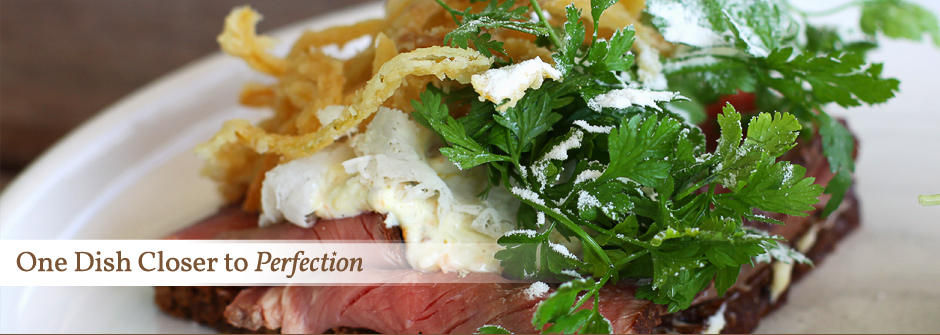I am what I eat: Debbie Vernon
 Monday, November 21, 2016 at 7:18PM
Monday, November 21, 2016 at 7:18PM 
This post first appeared on the Borough Market website as part of my series, I Am What I Eat, where I explore the links between food and identity, interviewing traders about the foods that are important to them and why. In the second series, I chose to speak to a few people who have interesting or different relationships with food, such as this interview with Debbie, who is a vegetarian. Debbie initially became a vegetarian because she didn't like eating meat, but her choice is grounded in a solid foundation of moral and ethical values.
“I always remember not liking meat as a kid. I would sit and chew it and chew it and my mum would say: ‘Oh for heaven’s sake! Go and spit it out in the kitchen bin.’ Unlike normal teenagers, who had pictures of Donny Osmond on their walls, I had anti-vivisection posters.”
Debbie Vernon, who co-owns Ellie’s Dairy with her partner, David, became a vegetarian as soon as she left home. At university in Birmingham, she started experimenting with “strange and exotic things” she’d never really had at home, such as Asian and Indian herbs and spices, pulses, beans, lentils and rice. Was it a moral choice to become a vegetarian? “I just didn’t like eating dead things, it was quite a simple choice for me really. I made the decision before I was even aware of the word ‘vegetarian’.”
Debbie’s choice to be vegetarian may have been straightforward, but it is grounded in a strong set of values and beliefs about not only animal welfare, but the food industry as a whole, including ethical production and consumption and what it means to eat well.

Debbie worries about how little people know about what is in their food and how it got to their plate. “I think it’s important—you have to know where things come from.” She tries to avoid processed food, which she blames for the many allergies, illnesses and intolerances that plague modern life. “Basically, if you’ve got to read a list of ingredients, don’t eat it. It’s a good rule.”
She is passionate about raw milk and is among a growing movement of people (and body of research) who suggest its natural enzymes and bacteria can help with a number of health problems stemming from issues with gut flora.
I am surprised to discover that Debbie sells goat meat, as well as the raw milk and cheese on her stall. “A vegetarian that drinks milk and eats cheese is part of the meat industry, whether they like it or not,” she explains, “and most vegetarians either don’t want to know that or don’t realise that.”
Most big commercial herds tend to kill the male kids, whereas at Ellie’s Dairy they try to give them short but happy, purposeful lives. As a vegetarian and a meat and dairy farmer, Debbie is on the frontline of the debate surrounding ethical eating: does responsibility lie with the consumer or the producer? She tries to take responsibility for her actions on both sides.

As a consumer, she buys “good, honest food” from places like Borough Market. As a producer, she aims to give her goats the best possible life and to educate her customers on the dairy industry and what it means to be vegetarian. “As far as I’m concerned, the only people who have the moral high ground are the vegans.” She also accepts that there is always going to be a trade off at some point: “I buy my toilet paper from the supermarket and order a pizza like anyone else.”
I ask Debbie whether being a vegetarian is an important part of her identity. The question has her a little stumped, because she has been a vegetarian for so long that it feels like second nature. “It just feels normal. It’s only occasionally that you’re reminded that you’re a bit different cause someone will offer you a taster of something and you have to say ‘oh no thank you, I’m a vegetarian’.”
I wonder whether it impacts on the way other people see her. She tells me that when she first became a vegetarian she was seen as a little odd, as it wasn’t as common then. “Now, because I’ve done it for so long, that’s just the way I am and everyone around me is completely used to it.”
Moral and ethical choices about the food we eat provide one of the best examples of how we are what we eat. I feel I have learnt so much about Debbie just by talking to her about what she eats and why. “It’s just me,” she says.

You can find Debbie's recipe for roasted beetroot and goat's curd here or on the Borough Market website.
 Vix |
Vix |  Post a Comment |
Post a Comment |  Borough Market,
Borough Market,  I Am What I Eat,
I Am What I Eat,  ethics,
ethics,  vegetarianism in
vegetarianism in  Identity
Identity 
Reader Comments